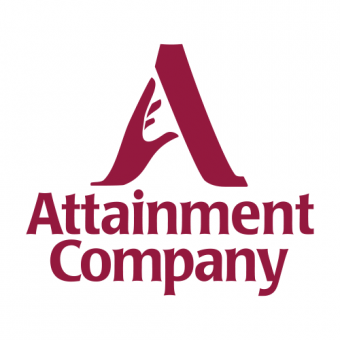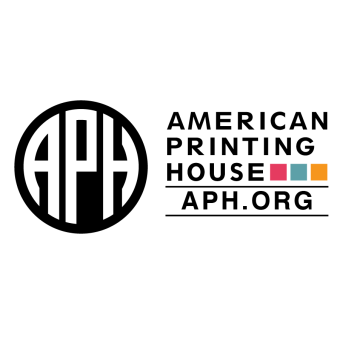Universal Design for Learning
Universal Design for Learning (UDL) is a research-based set of principles to guide the design of learning environments that are accessible and effective for all people based on scientific insights into how humans learn.
Ultimately, the goal of UDL is to support learners to become “expert learners” who are, each in their own way, purposeful and motivated, resourceful and knowledgeable, and strategic and goal-driven. UDL aims to change the design of the environment rather than changing the learner. When environments are intentionally designed to reduce barriers, all learners can engage in rigorous, meaningful learning.
Source: udlguidelines.cast.org
Guidance for the Socioculturally Sustaining Educator

Demystifying SDI

Keep CALM and Teach On! Developing Accessible Learning Materials in Educator Preparation Programs

Attainment Company

Attainment is the leading provider of CORE & Life skills blended learning solutions with traditional curriculum, apps, software, web-based programs, and AT solutions for special education PreK- 12+. Attainment is a CORE provider in NY, FL, CA, TX, DC, VA, OH, NV, MI, MN, WI, CO, IL and more. A scientific research-based approach to curriculum creation for ELA, math, science, social studies, and literacy/language development provides a solid foundation for high quality, rigorous special education instruction. Students are successful with transition skill development with curricula for
Preparing to Support Students in a COVID-Impacted Learning Environment

Lesson Planning for All Learners Using Universal Design for Learning

Leading With an Equity Lens: Addressing the Intersection of Racism and Ableism in Public Schools
American Printing House for the Blind (APH)

APH is committed to diversity, inclusion, and accessibility in everything we do. These core values are fundamental to the way we work, and are foundational to both the physical products we create and the intangible services and experiences we provide. Universal design is design and composition that can be accessed, understood, and used to the greatest extent possible by all people, regardless of their age or abilities. This is our goal when working to serve the needs of those with no vision, low vision, deafblindness, and CVI.
From tools for the home and classroom, to resources for
Breaking Down Barriers Virtual Symposium
